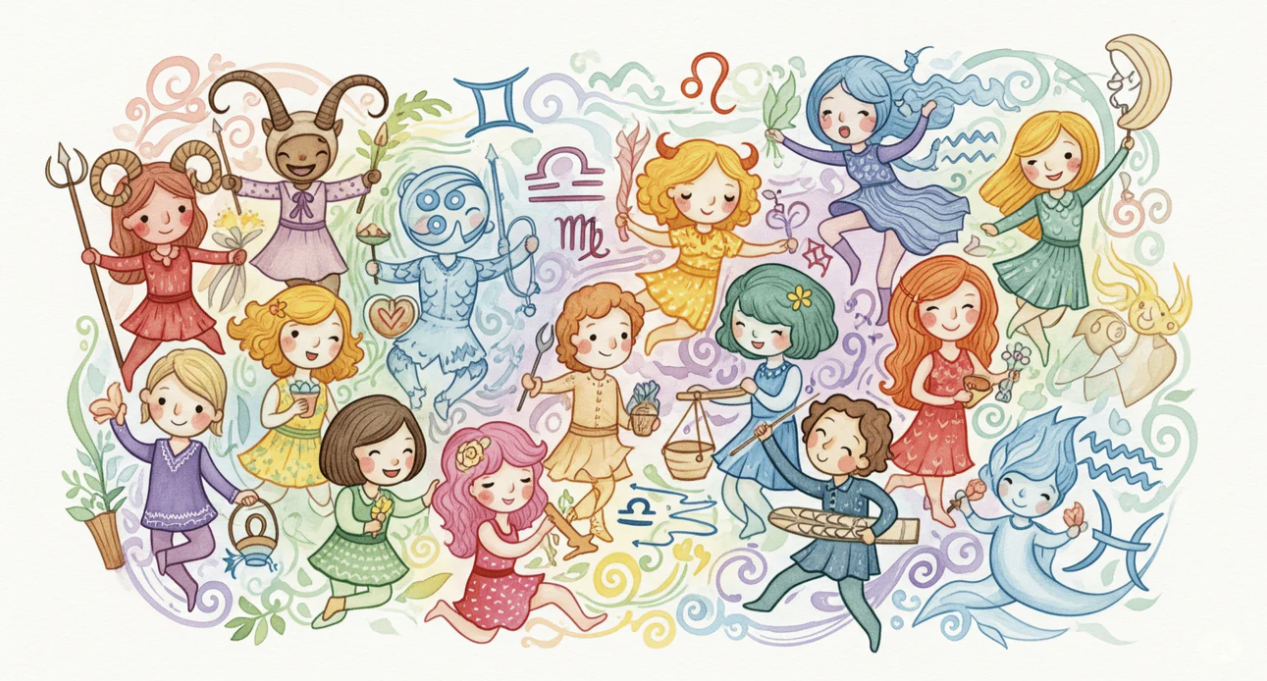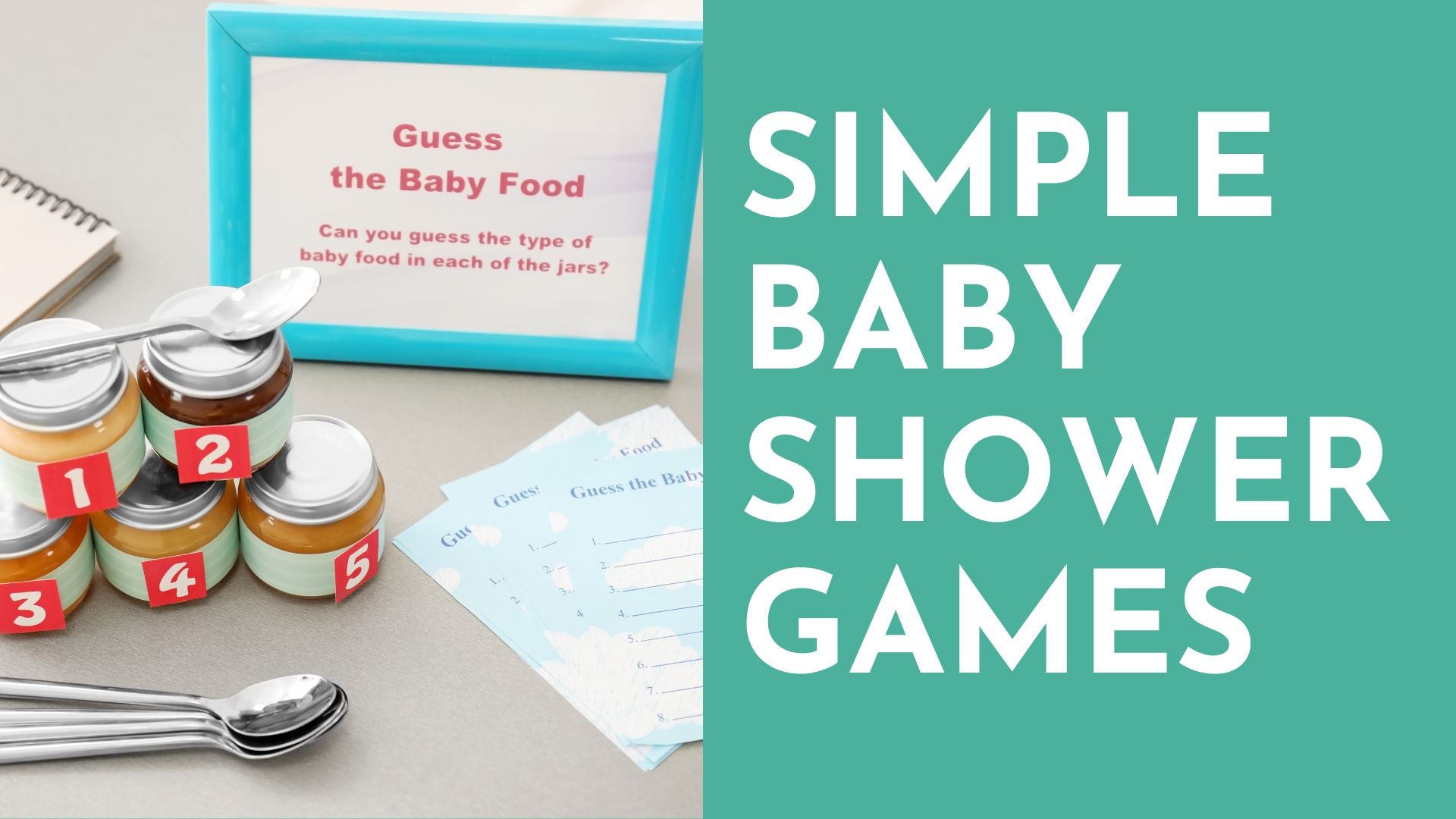Why Do Babies Grind Their Teeth? Causes, Remedies & When To Worry
Many parents tiptoe into their baby's room at night only to hear an odd, squeaky grinding sound. Known as infant bruxism, this teeth grinding habit is surprisingly widespread. According to the American Academy of Pediatrics (healthychildren.org), around 30% of young children grind their teeth at some stage. Often it's harmless and temporary, but it's natural for parents to wonder, "Why is my baby grinding their teeth?"—and whether it’s a sign of concern.
Here’s a clear, research-backed breakdown of the common causes, symptoms, and effective home solutions for baby bruxism.
Common Reasons for Teeth Grinding in Babies and Toddlers
New Teeth and Oral Exploration
Most babies begin grinding soon after their first teeth appear (usually between 6–12 months). It’s a way of testing their new teeth and learning how their jaws align. You can read more about developmental milestones on Raising Children Network (raisingchildren.net.au).
Teething or Ear Pain
Discomfort from teething—or an ear infection—can cause babies to clench and grind as a reflex to soothe themselves. This often occurs alongside other teething symptoms (qld.gov.au).
Misaligned Bite
Jaw misalignment (malocclusion) may cause children to shift their jaws at night. This is often linked to extended pacifier use or thumb sucking. The Teeth.org.au page on malocclusion (teeth.org.au) provides helpful insights.
Sleep Cycle Arousals
Grinding is most frequent during light non-REM sleep phases, where the brain partially awakens while the body remains asleep—a standard part of child sleep development. The Murdoch Children’s Research Institute (mcri.edu.au) has more on sleep patterns in children.
Less Common but Noteworthy Triggers
Stress or Life Transitions
While infants rarely exhibit stress-induced bruxism, toddlers may grind their teeth in response to significant changes like starting daycare or welcoming a new sibling. You can explore guidance on toddler transitions at the Parenting Research Centre (parentingrc.org.au).
Airway Obstruction
Issues like mouth breathing, snoring, or enlarged tonsils may cause the jaw to move forward at night, resulting in grinding. If you suspect this, talk to a paediatric ENT specialist (rchfoundation.org.au))).
Medical or Neurological Conditions
Bruxism occurs more often in children with cerebral palsy or those on specific medications, although it's rare in otherwise healthy infants. For more details, check Sydney Children’s Hospitals Network (schn.health.nsw.gov.au).
Genetic Factors
A family history of teeth grinding can increase the likelihood of a child developing the same habit. Learn more through the Australian Society of Orthodontists (aso.org.au).
Recognising the Symptoms
-
Audible grinding or clicking noises during sleep
-
Flattened or chipped tooth surfaces
-
Jaw tension, cheek rubbing, or complaints of mouth discomfort (in toddlers)
-
Restless sleep or irritability during the day
When Is It Normal—and When to Seek Help?
Typically Harmless:
Occasional grinding with no signs of pain or dental damage is generally seen as a developmental phase and often resolves by the age of six.
Cause for Concern:
Regular nightly grinding, visible tooth wear, snoring, or jaw discomfort warrants a visit to your family dentist. Use the Find a Dentist tool from Teeth.org.au (teeth.org.au).
What Parents Can Do at Home
-
Avoid waking your child when grinding occurs—it disrupts their sleep and might worsen the habit.
-
Relieve teething pain using cooled teething rings or age-appropriate medication recommended by your paediatrician.
-
Create a consistent bedtime routine: warm bath, lullaby, gentle lighting.
-
Address any airway or allergy issues with your GP.
-
Night guards are usually unnecessary for toddlers, as their jaw is still developing. Consult your dentist for advice.
Preventive Care and Future Outlook
While you can’t fully prevent bruxism, you can lower risks by:
-
Limiting prolonged pacifier use
-
Reducing sugar intake
-
Scheduling dental visits every six months starting from age one
Most children outgrow teeth grinding naturally as baby teeth are replaced by adult ones.
Final Thoughts
Hearing your baby grind their teeth can be unsettling—but for most, it’s a fleeting developmental phase. With proper monitoring, gentle care, and routine dental check-ups, your child’s sleep and smile will stay healthy for years to come.
Sources & Further Reading
-
Raising Children Network – Teething and Development (raisingchildren.net.au)
-
Queensland Government – Teething Info (qld.gov.au)
-
Teeth.org.au – Malocclusion (teeth.org.au)
-
Royal Children's Hospital – ENT Specialists (rchfoundation.org.au))
-
Sydney Children’s Hospitals Network (schn.health.nsw.gov.au)
-
Teeth.org.au – Find a Dentist (teeth.org.au)
-
Parenting Research Centre (parentingrc.org.au)
-
Murdoch Children’s Research Institute (mcri.edu.au)
-
Australian Society of Orthodontists (aso.org.au)



